About this School
About the Morningside Graduate School of Biomedical Sciences

Welcome to the Morningside Graduate School of Biomedical Sciences at UMass Chan Medical School. Our mission is to develop future leaders in all sectors of biomedicine including research, education, policy and entrepreneurship. We are proud to be in the top 25 percent of medical schools and number 2 in New England in National Institutes of Health funding.
Whether your research interests lie in discovery of fundamental principles underlying biology, the translation of these discoveries into therapies, or innovating health care delivery, you will work alongside internationally recognized leaders in areas including RNA biology, systems and computational biology, neuroscience, immunology, metabolic biology, quantitative and population health sciences, cancer biology, and gene regulation. Our faculty recognition includes two Nobel Prizes, a Lasker Award, six Howard Hughes Medical Institute awards, six National Academy members, three Keck Awards, and three Presidential Early Career Awards for Science/Engineering.
Our world-class faculty is dedicated to training future science leaders in our learner-centered curriculum. You will have access to regular seminars with research leaders from all over the world, and participate in our nationally recognized career development program, to prepare to put your education to full use in a wide range of scientific careers.
We provide students with a generous stipend, outstanding health insurance, exemplary student support services and a commitment to diversity, equity and inclusion (watch videos to see our leadership's commitment to the work, and diverse students in action).
We are located in Worcester, a wonderful city with a minor league baseball stadium, museums, fine arts venues, beautiful parks, an ever expanding number of cafes and restaurants, and direct access to Boston and other New England destinations.
You are encouraged to watch my introductory video for more and engage with our website. Thank you for visiting.
Mary Ellen Lane, PhD
Dean
Morningside Graduate School of Biomedical Sciences
Donna M. and Robert J. Manning Chair in Biomedical Sciences.
Professor of Neurobiology
UMass Chan Medical School
Accreditation Status
UMass Chan Medical School, which includes the Morningside Graduate School of Biomedical Sciences, the Tan Chingfen Graduate School of Nursing and the T.H. Chan School of Medicine, was accredited by the New England Commission of Higher Education in 2012.
Accreditation of an institution of higher education by NECHE indicates that it meets or exceeds criteria for the assessment of institutional quality periodically applied through a peer review process. An accredited college or university is one that has available the necessary resources to achieve its stated purposes through appropriate educational programs, is substantially doing so, and gives reasonable evidence that it will continue to do so in the foreseeable future. Institutional integrity is also addressed through accreditation.
Accreditation by NECHE isn't partial but applies to the institution as a whole. As such, it is not a guarantee of every course or program offered, or the competence of individual graduates. Rather, it provides reasonable assurance about the quality of opportunities available to students who attend the institution.
Inquiries regarding the accreditation status by NECHE should be directed to the administrative staff of the institution. Individuals may also contact:
New England Commission of Higher Education
3 Burlington Woods Drive
Suite 100, Burlington, MA 01803-4514
Phone: 781-425-7785
Email: cihe@neasc.org
Administrative Officers

Mary Ellen Lane, PhD
Dean
Morningside Graduate School of Biomedical Sciences
Donna M. and Robert J. Manning Chair in Biomedical Sciences
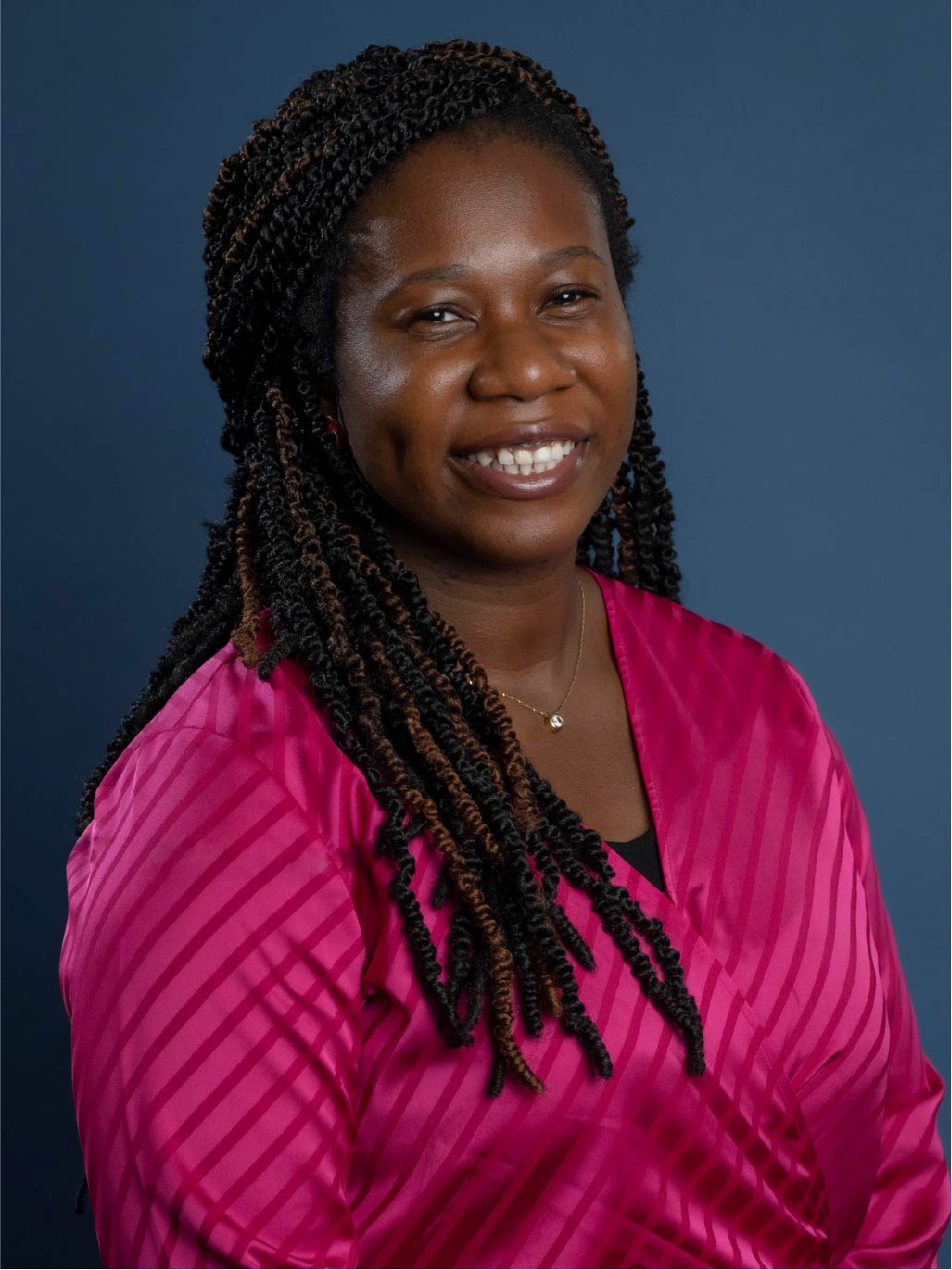
Olufunmilayo (Funmi) Ayobami, PhD
Associate Dean
Student Success and Engagement
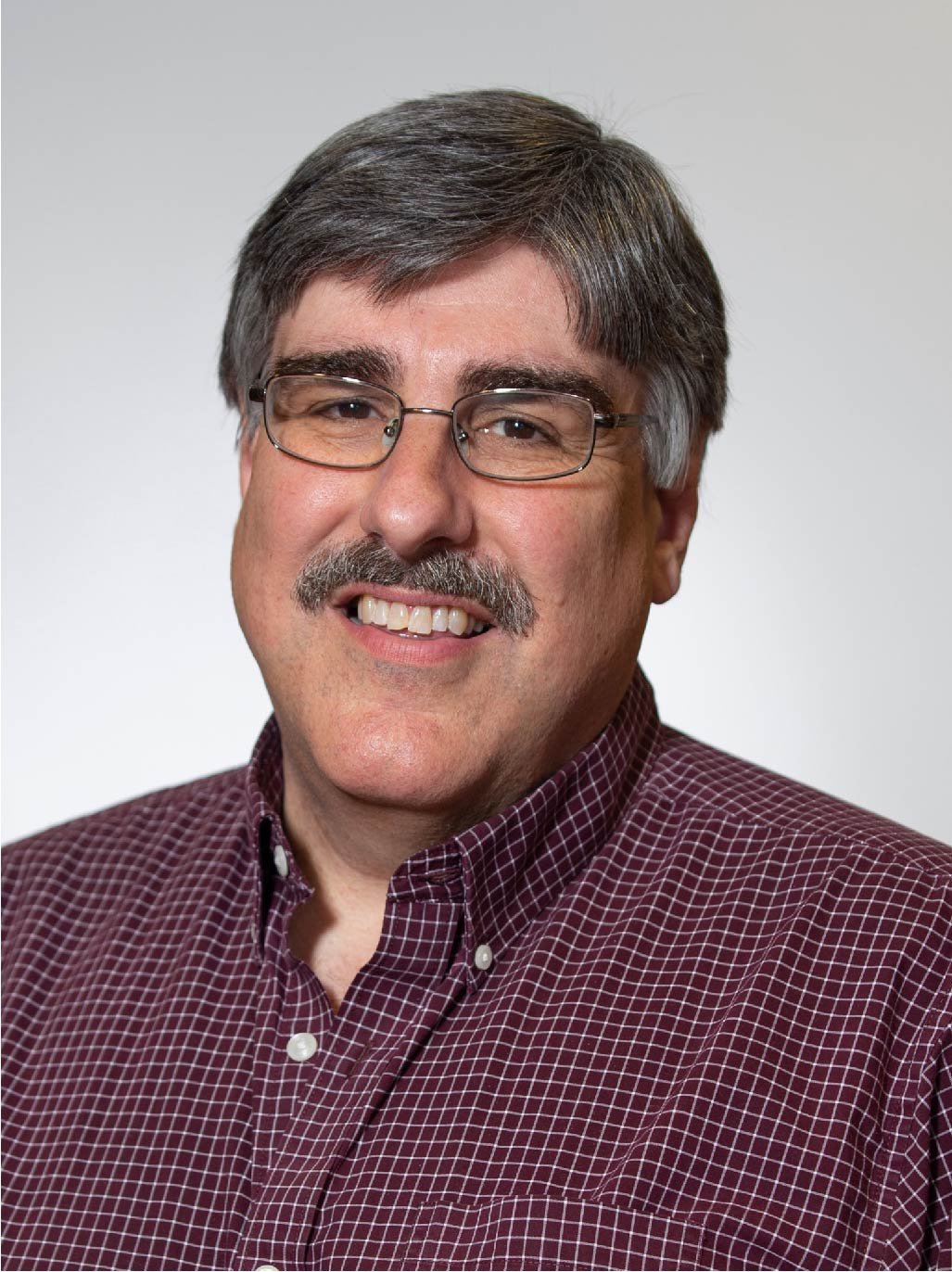
Anthony Imbalzano, PhD
Associate Dean
Academic Affairs and Postdoctoral Scholars
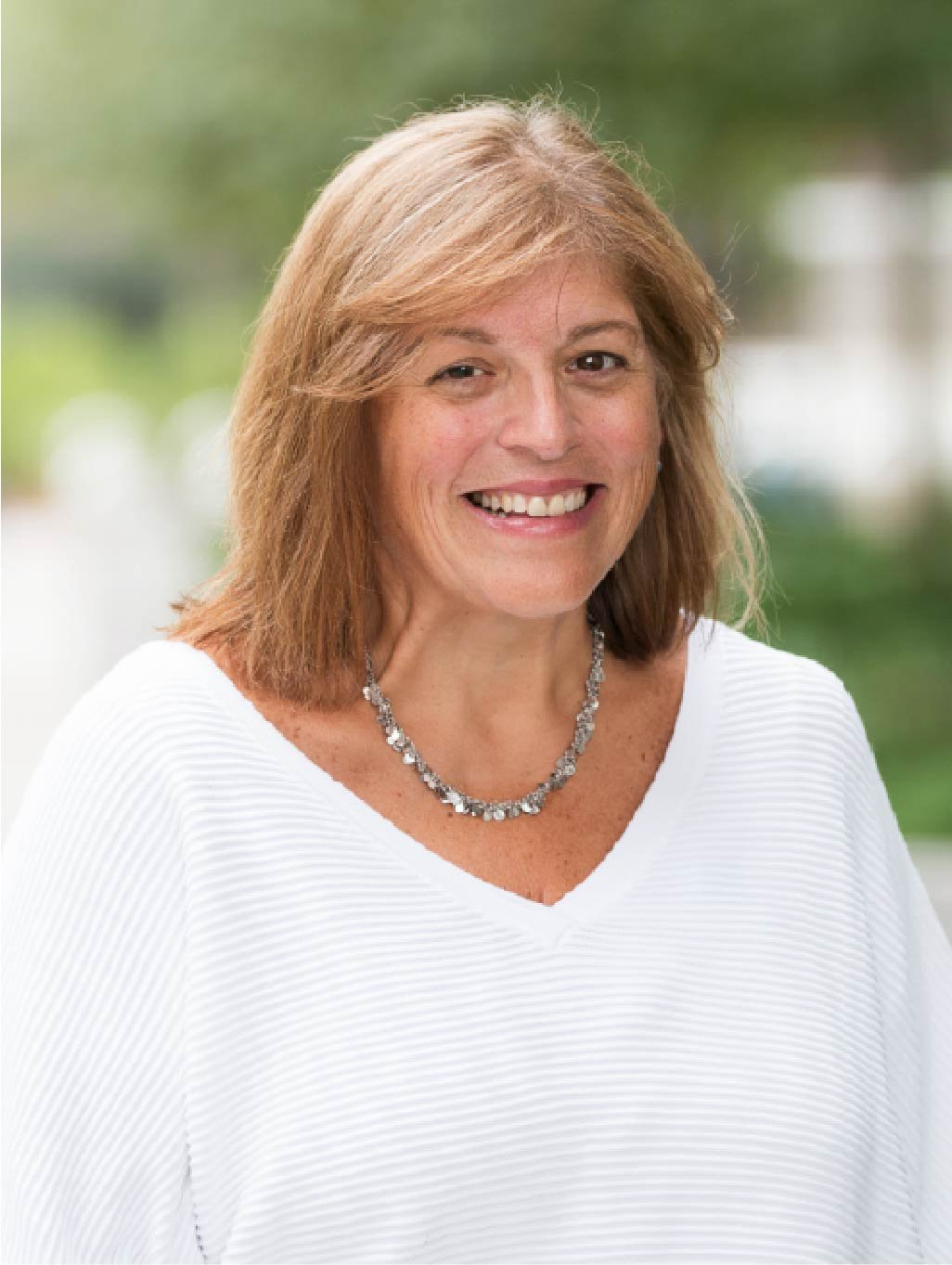
Kate Lapane, PhD
Associate Dean
Pathway Director
Population Health Sciences

Lisa Tison-Thomas, EdD
Assistant Dean
Career & Professional Development
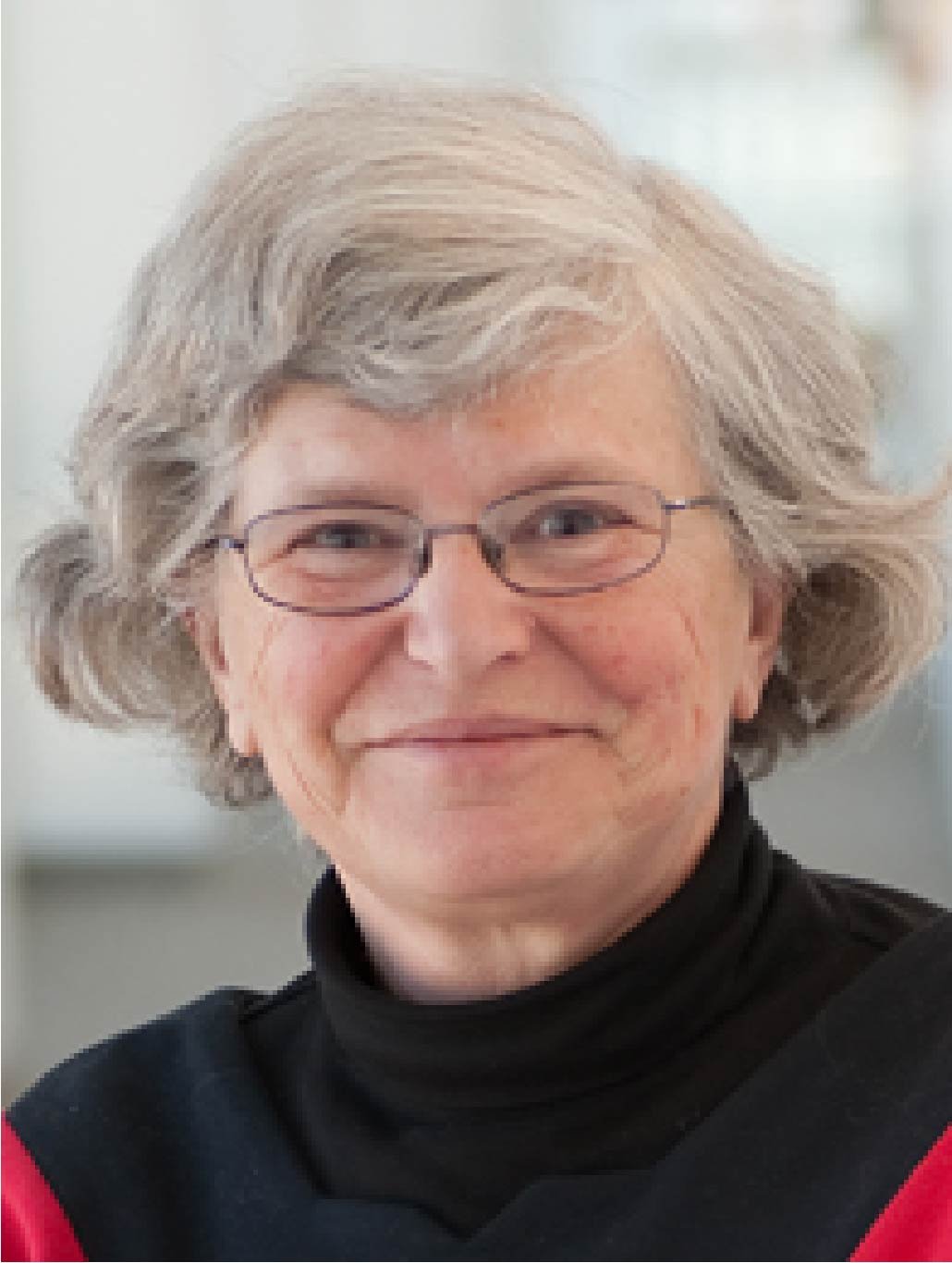
Catarina Kiefe, PhD, MD
Professor, Endowed Chair and Director of the MD/PhD Program
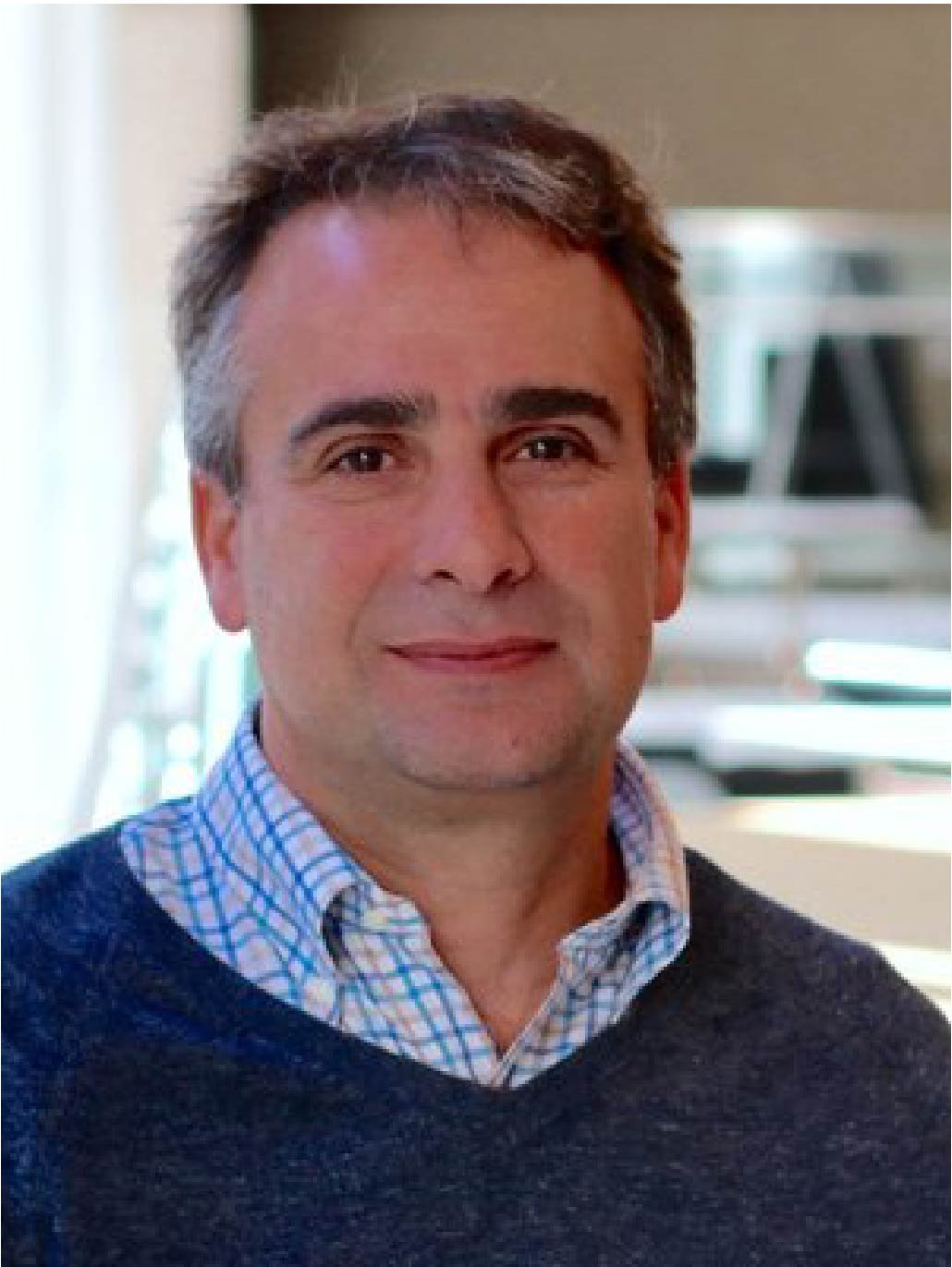
Neal Silverman, PhD
Pathway Director
Basic Biomedical Science Umbrella
List of Educational Affiliates
The Morningside Graduate School of Biomedical Sciences maintains a Curriculum Reciprocity Understanding (CRU) with Worcester Polytechnic Institute (WPI). This CRU allows for Morningside Graduate School of Biomedical Sciences students to register for and attend WPI undergraduate and graduate level courses to enhance their academic program. Similarly, WPI students may register and take courses offered at the UMass Chan Medical School campus.
The Morningside Graduate School of Biomedical Sciences and Worcester Polytechnic Institute (WPI) have created a joint PhD program in Quantitative and Computation Biosciences and Bioengineering The program promotes collaborative, multidisciplinary research opportunities for students accepted in the program.
How Inquiries Can Be Addressed
Contact the Morningside Graduate School of Biomedical Sciences Office of Admissions with questions about admission.
Room S1-824
Phone: 508-856-4135
Fax: 508-856-3659
Email: GSBSAdmissions@umassmed.edu
Contact the Financial Aid Office at 508-856-2265 with questions about financial aid.
Contact the Bursars Office at 508-856-6641 with questions about tuition.
All other inquiries may be addressed to the Office of Communications at umasschancommunications@umassmed.edu or to the appropriate office at:
UMass Chan Medical School
55 Lake Avenue North
Worcester, MA
01655-0002
Related pages:
Leadership of the Morningside Graduate School of Biomedical Sciences
Office Staff of the Morningside Graduate School of Biomedical Sciences
Mission
The mission of UMass Chan Medical School is to advance the health and wellness of our diverse communities throughout Massachusetts and across the world by leading and innovating in education, research, health care delivery and public service.
The mission of the Tan Chingfen Graduate School of Nursing is to prepare nurses who embrace diversity and promote health equity to improve the quality of life and human health in the Commonwealth and beyond by leading and innovating in education, research, health care delivery and public service.
The vision of the Tan Chingfen Graduate School of Nursing is to create an equitable inclusive community of wellness, health, discovery and human dignity.
About UMass Chan
As the commonwealth's only public medical school, we take seriously our mission to serve the people of Massachusetts. We welcome the responsibilities we face in caring for their needs. We meet these challenges by providing clinical staff for public and private institutions, emphasizing training in the primary care specialties and encouraging graduates to practice in the state's underserved areas.
UMass Chan Medical School's educational mission stems from its founding in 1962 to provide affordable, high-quality medical education to qualified residents of the commonwealth. With that goal as its cornerstone, UMass Chan's educational mission has expanded to include residency and fellowship training, graduate education in nursing and the biomedical sciences, training in allied health professions, and continuing education for health care practitioners.
Our students are highly motivated, intelligent, thoughtful and compassionate. They volunteer to work with community organizations and are fully imbued with the school's commitment to public service. Our faculty have developed a curriculum designed to stimulate and support students in the acquisition of advanced knowledge and skills, while instilling compassionate attitudes and values so that they may best serve their patients.
In the area of research, UMass Chan has achieved world-class status. Research is conducted in the laboratory, ambulatory clinic and at the bedside, contributing significantly to medical science and to the state's economy, as well as enhancing our ability to attract outstanding faculty members for all three schools. Federal and private research grants and contracts at UMass Chan rose from about $2 million in 1977 to more than $322 million in FY 2023, making it one of the fastest growing research institutions in the United States. As our researchers continue to make discoveries and explore new avenues of inquiry, we continue to grow with exceptional principal investigators conducting clinical and basic research in such areas as cancer, molecular genetics, neurobiology, chemical biology and immunology.
In all that we do, we place the highest priority on respect for the dignity and diversity of the members of the Medical School community - patients, students, faculty, employees and volunteers. We are committed to supporting their professional, intellectual and emotional growth so they may have the opportunity to fulfill their potential and achieve their goals.
In the spirit of serving the public, we dedicate these pages to those who want to learn more about our innovative T.H. Chan School of Medicine, Morningside Graduate School of Biomedical Sciences, Tan Chingfen Graduate School of Nursing, and our centers, institutes and programs of national distinction.
Highlights
An Introduction to UMass Chan Medical School
Welcome to UMass Chan Medical School, the commonwealth’s first and only public academic health sciences center.
Our mission is to advance the health and wellness of our diverse communities throughout Massachusetts and across the world by leading and innovating in education, research, health care delivery and public service.
- On Sept. 7, 2021, a $175 million donation from The Morningside Foundation to the Medical School was announced. The transformative gift, which is unrestricted, will allow the Medical School to recruit renowned and innovative faculty; conduct more breakthrough biomedical research; offer financial support to highly qualified and diverse students; and be ever more expansive in fulfilling our public service mission. In recognition of the historic gift and of the deep commitment to education, research and health care by the Chan family of investors, entrepreneurs and philanthropists, UMass Medical School was renamed UMass Chan Medical School. Its three graduate schools were renamed: the T.H. Chan School of Medicine; the Tan Chingfen Graduate School of Nursing; and the Morningside Graduate School of Biomedical Sciences. UMass Chan was founded in 1962 to provide affordable, high-quality medical education to state residents and to increase the number of primary care physicians practicing in underserved areas of the state.
- It is consistently ranked by U.S. News & World Report as one of the leading medical schools in the nation for primary care education.
- The research enterprise received approximately $302 million in federal and private research grants and contracts in fiscal year 2024.
- The institution is committed to enhancing health and science education, ensuring community health, building a diverse workforce and enriching lives through extensive community outreach.
- Located in Worcester, Massachusetts, UMass Chan Medical School is one of five University of Massachusetts campuses.
The three UMass Chan graduate schools are the T.H. Chan School of Medicine, the Morningside Graduate School of Biomedical Sciences and the Tan Chingfen Graduate School of Nursing.
- The T.H. Chan School of Medicine is committed to training in the full range of medical disciplines, with an emphasis on practice in the primary care specialties, in the public sector and in underserved areas of Massachusetts.
- The Morningside Graduate School of Biomedical Sciences students receive a broad background in the basic medical sciences and are trained in their selected specialty area in preparation for research with direct relevance to human disease.
- The Tan Chingfen Graduate School of Nursing offers master’s, post-master’s and doctoral degrees, providing high quality education to prepare registered professional and advanced practice nurses in nurse practitioner and nurse educator specialties and for faculty, research and other nursing leadership positions.
UMass Chan is a world-class research institution, consistently producing noteworthy advances in clinical and basic research.
- In 2006 the Nobel Prize in Physiology or Medicine was awarded to UMass Chan professor Craig C. Mello, PhD, and his colleague Andrew Fire, PhD, of Stanford University, for their discoveries related to RNA interference (RNAi), a cellular process that offers astounding potential for understanding and, ultimately treating, human disease.
- In 2024 Victor Ambros, PhD, the Silverman Chair in Natural Sciences and professor of molecular medicine, was awarded the Nobel Prize in Physiology or Medicine, with his longtime collaborator Gary B. Ruvkun, PhD, of Harvard University, for their discovery of microRNA, the uniquely short, single-stranded RNA molecules that are now understood to be instrumental in post-transcriptional gene regulation. Researchers have now identified more than 1,000 unique human microRNAs that are responsible for regulating more than half of all human genes.
- Our research programs are central to the Massachusetts Life Sciences Initiative, with major funding from the $1 billion Massachusetts Life Sciences Bill signed into law in 2008.
- Our researchers have made pivotal advances in HIV, cancer, diabetes, infectious disease, and in understanding the molecular basis of disease.
- Programs and centers include the RNA Therapeutics Institute, the Gene Therapy Center, Program in Gene Function and Expression, Systems Biology and Neurotherapeutics.
We invite you to learn more about why UMass Chan Medical School is a great place to work and study.
A brief history of UMass Chan Medical School:
A state-supported public medical school for Massachusetts was established by the commonwealth in July of 1962; the founding dean, Lamar Soutter, was appointed in December of 1963 and began the execution of a vision for an extraordinary medical school. “I think that if you're starting a medical school from scratch,” he said at the time, “you can say alright, let's get this science of medicine very firmly rooted in the students' minds—but then let's take them back to the bedside and make them much better practitioners and much more interested in taking care of human beings even though they are making full use of laboratory procedures and scientific advances.”
Although the location in Worcester as a campus of the University of Massachusetts wasn’t selected until 1965, preliminary accreditation and the recruitment of core faculty during the construction process meant that the first class of 16 students entered in the fall of 1970, beginning their studies in a former warehouse at the corner of Lake Avenue and Belmont Street (a building still used today by UMass Chan Medical School). By the time the first class graduated in 1974, the new medical science building was in use, followed by the teaching hospital, which opened in 1976. The growth of the school and its clinical system coincided neatly with support for basic science research and while the school remained true to its mission of training primary care physicians, by 1979 it had established a PhD program in the biomedical sciences, which became a school in its own right, followed by the Tan Chingfen Graduate School of Nursing, which opened in 1986.
A period of expansion began in 1990 with the appointment of Aaron Lazare, MD, as dean and, subsequently, chancellor, who would go on to become one of the longest-serving leaders of a medical school in the United States by the time he stepped down in 2007. With the acquisition of the former Worcester Foundation for Biomedical Research and the Massachusetts Biologic Laboratories and the spinoff of hospital operations into a new clinical system, the campus entered a period of unprecedented growth. A new research building opened in 2001 and the original medical school and hospital buildings were extensively renovated and expanded to include new meeting, educational, emergency and surgical spaces. Research funding grew for a time at a rate faster than any other academic health sciences center in the country, fueled by recruitment of basic science faculty drawn to the institution's prominence in several fields, including gene function and expression, gene development, biochemistry, and molecular medicine. In 2006, UMass Chan professor Craig C. Mello, PhD, won the Nobel Prize in Medicine, shared with Stanford researcher Andrew Fire, PhD, for their discovery of the mechanism of gene silencing by double-stranded RNA, which they termed ‘RNA interference.’
The Nobel Prize in 2006 drew attention and support to UMass Chan Medical School throughout the commonwealth; the University of Massachusetts created a Life Sciences Task Force that proposed a series of strategic investments in biomedical sciences education, research and infrastructure across the five campuses; many of these recommendations were mirrored in the commonwealth’s own Life Sciences Initiative, a ten-year, billion-dollar plan for investment. The Life Sciences Task Force was chaired by Michael F. Collins, MD, at the time interim chancellor at UMass Chan Medical School and senior vice president for the health sciences at the University. Along with Terence R. Flotte, MD, a prominent figure in the field of gene therapy, who became the sixth dean of the T.H. Chan School of Medicine in 2007, Collins has overseen the latest phase in campus development and investment, including the expansion of the medical school class size to its current cohort of 175; investment in educational technology and infrastructure, and expansion in clinical and translational science, which began with the establishment of a PhD program in Clinical and Population Health in 2005; the creation of the Department of Quantitative Health Sciences in 2009; and the receipt of an NIH Clinical and Translational Award in 2010. Two major facilities investments on the UMass Chan Medical School campus have laid the groundwork for the next generation of life sciences education and research: the 278,000 square-foot Ambulatory Care Center, home to Centers of Excellence in Diabetes, Cardiovascular Medicine, Orthopedics and Cancer, which opened in 2010; and the 500,000 square foot Albert Sherman Center, which opened in 2013 and houses state of the art facilities for medical education, including homes for the learning communities; the standardized patient program; dedicated seminar and conference space; and six floors of wet and dry laboratory space for new research initiatives in population health, RNA biology, gene therapy and neurodegenerative disease.
In September 2021, Chancellor Collins announced a history-making gift of $175 million from The Morningside Foundation to the Medical School. Calling the gift a “powerful statement about the stature—and the potential—of our medical school,” Collins said the confidence it conveys about the Medical School is breathtaking, “permitting us to recruit renowned and innovative faculty, conduct more breakthrough biomedical research, offer financial support to highly qualified and diverse students; and be ever more expansive in fulfilling our public service mission.” The Morningside Foundation said in a statement that, “The Morningside Foundation and the Chan family are proud to honor their patriarch and matriarch’s legacy and their deep commitment to the advancement of health and education. There is a powerful alchemy and very special culture at UMass Medical School in which the whole is greater than the sum of its parts.”
UMass Chan Medical School milestones
1962: Legislation establishes University of Massachusetts Medical School
1970: First medical students begin classes in Shaw Building
1974: First class graduates 16 MDs
1979: PhD program begins
1986: Graduate School of Nursing opens
1986: PhD program becomes Graduate School of Biomedical Sciences
1994: Graduate School of Nursing initiates PhD program
1998: UMass Clinical System and Memorial Health Care merge to form UMass Memorial Health Care
2001: Lazare Research Building opens
2002: Campus Modernization begins on the University Campus
2004: Graduate Entry Pathway Program established at the Graduate School of Nursing
2005: PhD Program in Clinical & Population Health Research established at the Graduate School of Biomedical Sciences
2005: Massachusetts Biologic Laboratories opens new manufacturing and filling facility in Mattapan
2006: Craig Mello, PhD, Blais University Chair in Molecular Medicine and Howard Hughes Medical Institute Investigator, is awarded the Medical School's first Nobel Prize. Dr. Mello shared the 2006 Nobel Prize in Physiology or Medicine with Andrew Fire, PhD, of Stanford University, for their discoveries related to RNA interference.
2007: Michael F. Collins, MD, is named chancellor and Terence R. Flotte, MD, is named dean of the School of Medicine.
2010: Ambulatory Care Center opens
2013: Albert Sherman Center opens
2015: First regional campus, UMass Chan-Baystate, is established with Baystate Health in Springfield
2021: VA building opens
2021: With a transformational gift from The Morningside Foundation, UMass Medical School is renamed UMass Chan Medical School
2023: Second regional campus, UMass Chan-Lahey, is established with Lahey Hospital & Medical Center, part of Beth Israel Lahey Health
2024: New education and research building opens
2024: Victor Ambros, PhD, the Silverman Chair in Natural Sciences and professor of molecular medicine, is awarded the Nobel Prize in Physiology or Medicine, with his longtime collaborator Gary B. Ruvkun, PhD, of Harvard University, for their discovery of microRNA, the uniquely short, single-stranded RNA molecules that are now understood to be instrumental in post-transcriptional gene regulation.
Names and Affiliations of Governing Board Members
Information about the University of Massachusetts Trustees may be obtained at the following link:
Most Recent Audited Financial Statement
Financial information pertaining to the University of Massachusetts is available at:
